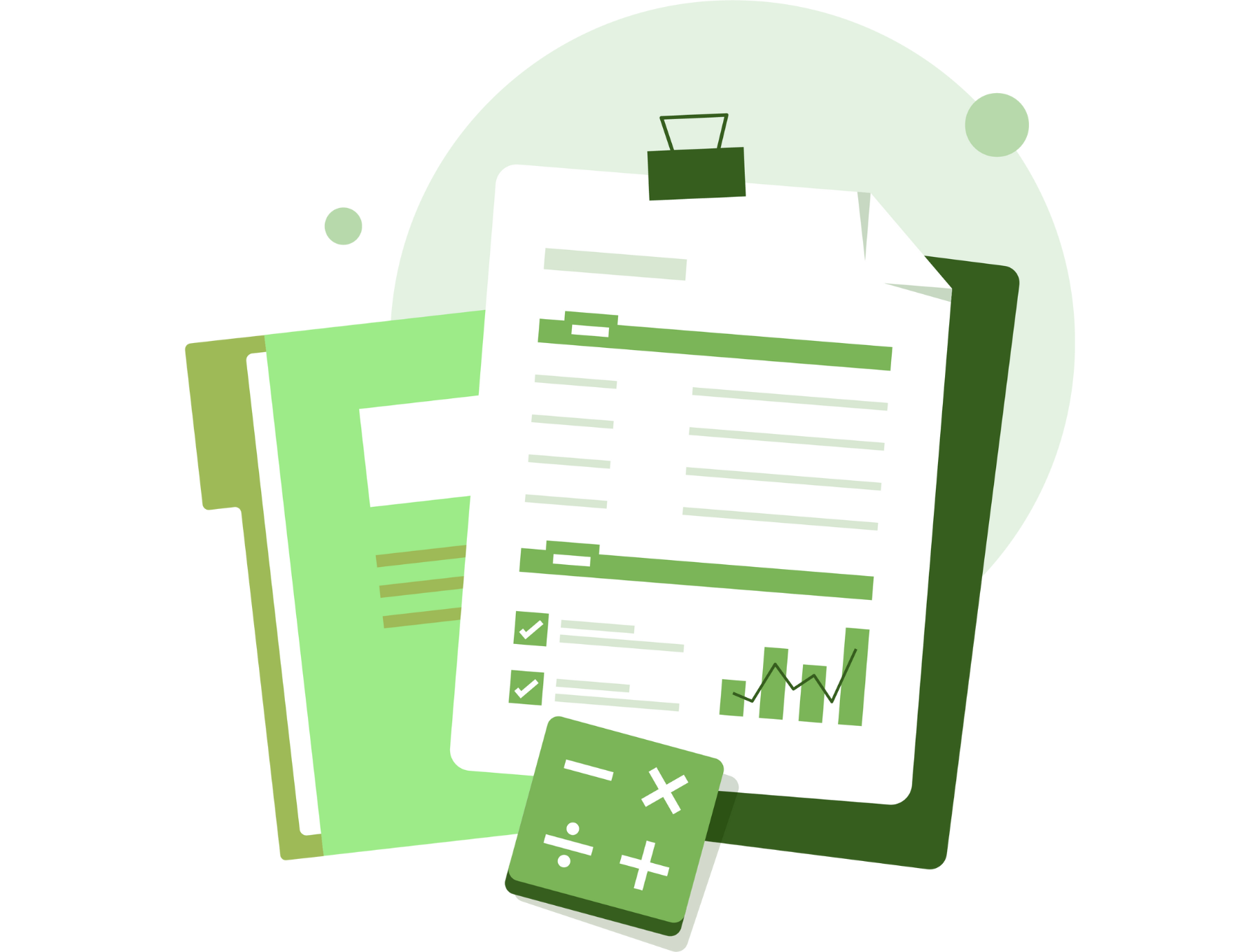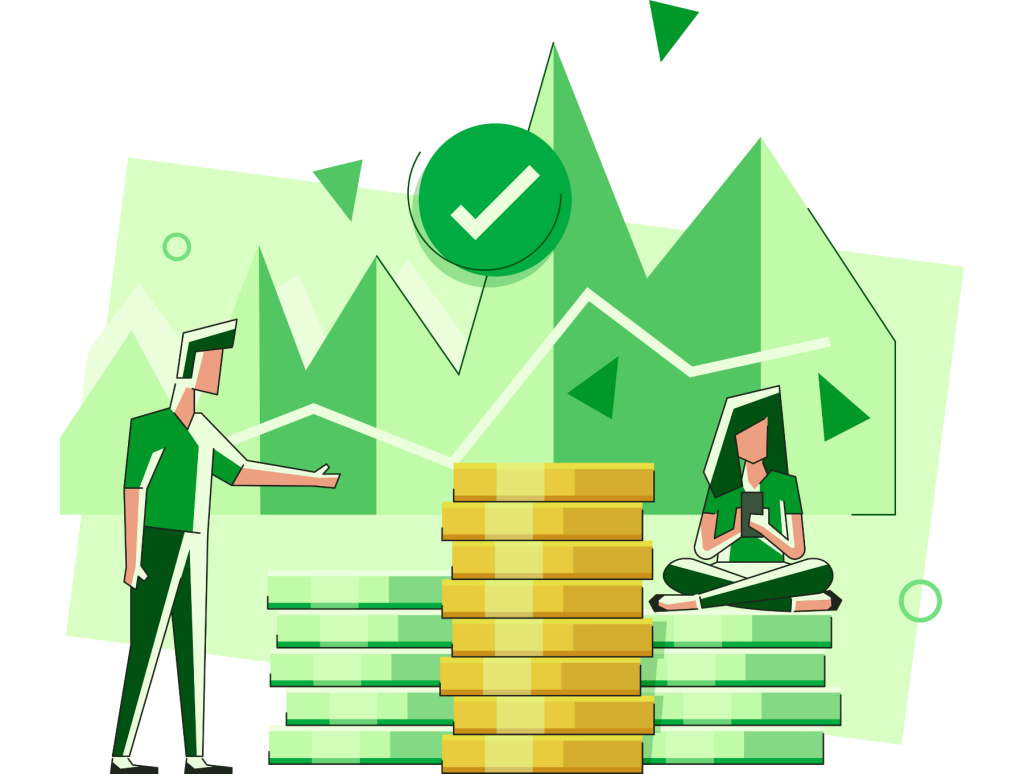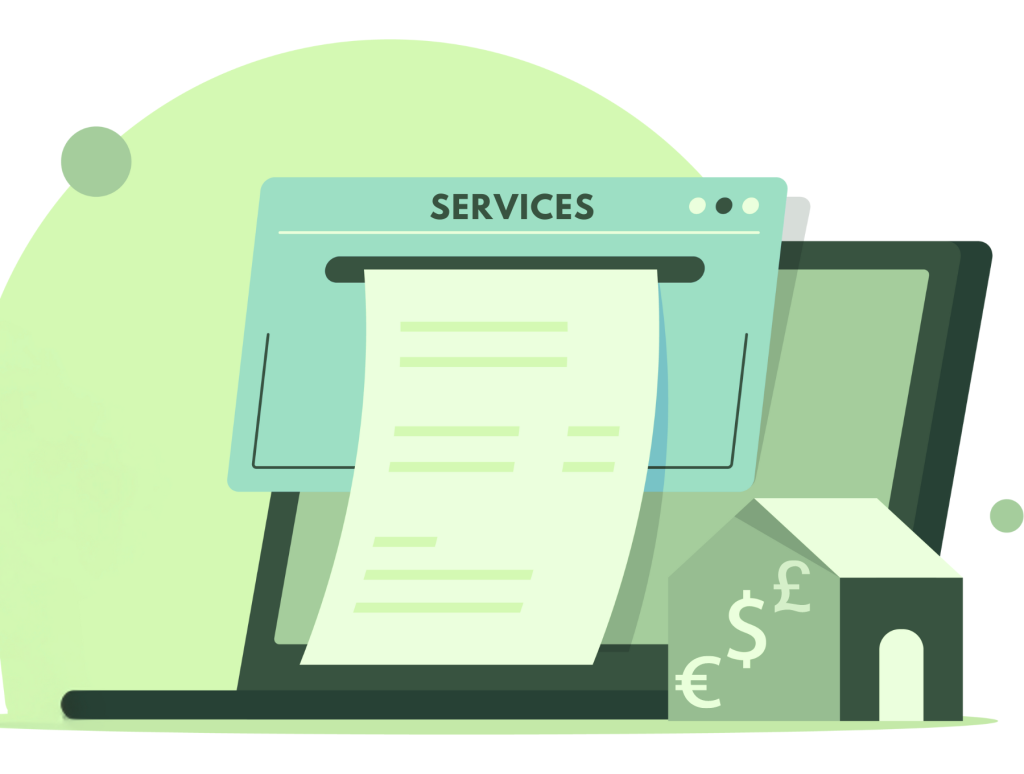
Managing personal finances and budgets
Personal accounting tracks income, spending, and savings, helping to organize and control personal finances.
What is Personal Accounting?
Personal accounting is about keeping track of your money. It helps you understand how much money you have, where it comes from, and where it goes. It’s like having a roadmap for your money, helping you reach your goals without getting lost. Whether you’re saving for something big or just trying to make ends meet, personal accounting is your guide to a better financial future. It’s like having a roadmap for your money, helping you reach your goals without getting lost.
Why is Personal Accounting Important?
Imagine you get money every week or month. If you don’t keep track of it, you might spend it all without realizing it. Then, when you need to buy something important, you might not have enough left. Personal accounting helps you avoid this problem. It helps you save money, spend wisely, and plan for the future.
Key Parts of Personal Accounting
Income: Money You Earn
Income is the money you get. It can come from a job, gifts, or even selling things you don’t need anymore. Knowing how much money you earn is the first step in personal accounting.
Expenses: Money You Spend
Expenses are the things you spend your money on. This includes buying food, paying bills, or getting new clothes. By writing down your expenses, you can see where your money goes.
Budgeting: Planning Your Money
A budget is a plan for your money. It helps you decide how much to spend on different things. For example, you can plan to spend a certain amount on food, another amount on fun activities, and save the rest. A budget helps you avoid overspending and keeps your finances in check.
Saving: Putting Money Aside
Saving means putting some money aside for the future. This could be for something special, like a holiday, or for emergencies, like fixing something broken. Saving regularly helps you be prepared for anything.
Debt: Money You Owe
Sometimes, you might borrow money to buy something expensive, like a car or a house. This is called debt. It’s important to keep track of what you owe and pay it back on time. Personal accounting helps you manage debt so it doesn’t get too big.
How to Start with Personal Accounting
Write Down Your Income and Expenses
Start by writing down all the money you earn and spend. You can use a notebook, a phone app, or a simple spreadsheet. This will reveal where your money is coming from and how it’s being spent.
Create a Budget
Look at your income and expenses. Decide how much you want to spend on different things like food, entertainment, and savings. Follow this plan to prevent spending more than you intend.
Set Saving Goals
Think about what you want to save for. It could be a big purchase or just a rainy day fund. Decide how much you can save each week or month and put it aside.
Review Regularly
Check your spending and savings regularly. Are you sticking to your budget? Are you saving enough? If something changes, like getting a raise or facing unexpected costs, adjust your budget.
Benefits of Personal Accounting
Peace of Mind
Knowing your financial situation reduces stress.
Better Decisions
You’ll make smarter choices about spending and saving.
Financial Security
You’ll be prepared for emergencies and future goals.


